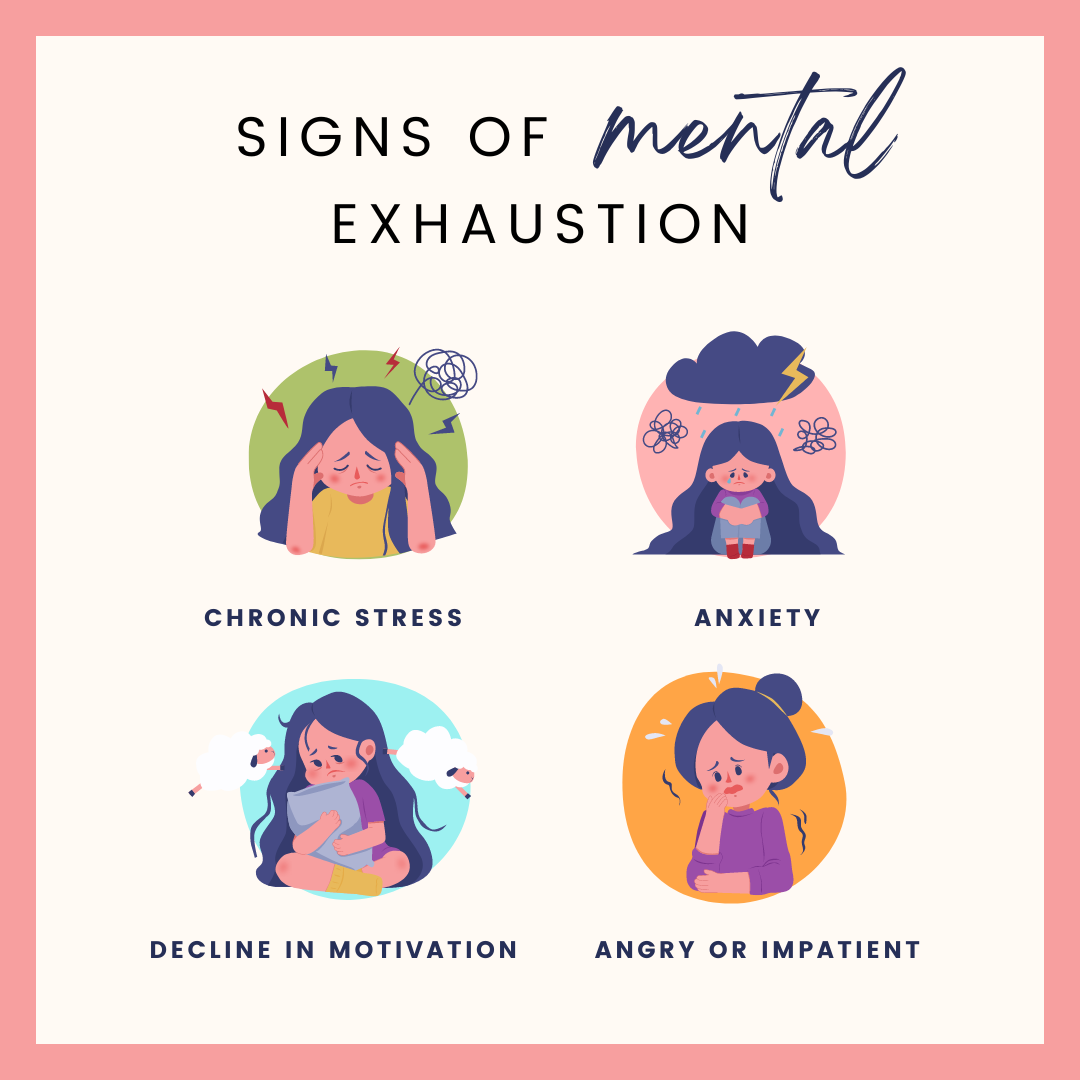Mindfulness and meditation have gained significant attention in recent years for their profound effects on mental health and well-being. Rooted in ancient practices, these techniques offer powerful tools for managing stress, reducing anxiety, and promoting overall mental and emotional wellness.
Mindfulness involves being fully present and engaged in the present moment, without judgment or attachment to thoughts or feelings. By practicing mindfulness, individuals can cultivate a greater sense of awareness and acceptance of their experiences, leading to reduced stress and increased resilience in the face of challenges.
Meditation, on the other hand, involves intentionally focusing the mind on a particular object, thought, or activity, such as the breath or a mantra. Through regular meditation practice, individuals can develop greater concentration, clarity, and emotional stability, leading to improved mental and emotional well-being.
Numerous studies have demonstrated the mental health benefits of mindfulness and meditation. Research suggests that these practices can help reduce symptoms of depression, anxiety, and post-traumatic stress disorder (PTSD), as well as improve overall mood and quality of life. Additionally, mindfulness and meditation have been shown to enhance cognitive function, increase self-awareness, and promote greater emotional regulation.
Incorporating mindfulness and meditation into daily life can be done in various ways, such as through formal meditation practices, mindful movement activities like yoga or tai chi, or simply by bringing awareness to everyday activities such as eating, walking, or breathing. By harnessing the mental health benefits of mindfulness and meditation, individuals can cultivate greater resilience, emotional well-being, and overall quality of life.



